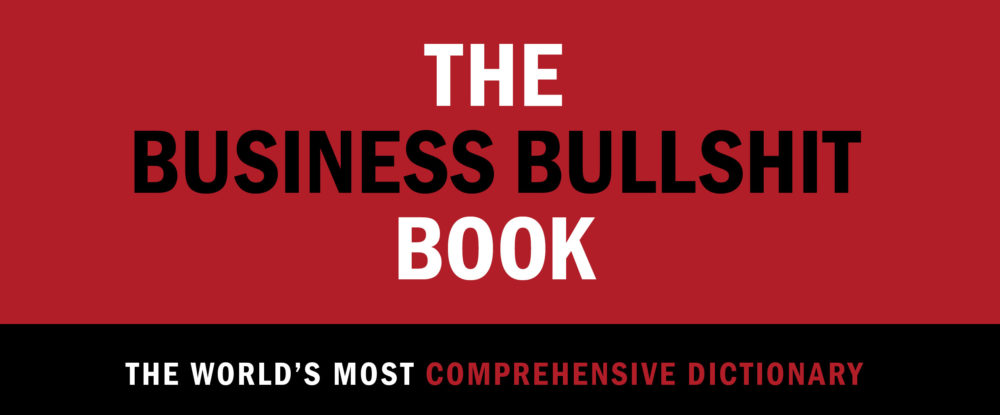The one sentence summary
You can develop critical thinking habits to recognise and combat the pervasive false information that deceives individuals and harms society.
Can’t be bothered to read it? Too much screen time lately? Listen to the 5-minute podcast in two parts.

WHAT THE BOOK SAYS
- Bullshit is the foundation of contaminated thinking and bad decisions that leads to health consequences, financial losses, legal consequences, broken relationships, and wasted time and resources.
- No matter how smart we believe ourselves to be, we’re all susceptible to bullshit, and we all engage in it. While we may brush it off as harmless marketing and sales speak or as humorous, embellished claims, it’s actually very dangerous and insidious.
- The author offers a Bullshit Flies Index to classify 3 different types:
1 fly: Harmless. Innocuous, mildly offensive, unlikely to cause harm. eg. Making up the weather
2 flies: Bad. Harmful potential by failing to conform to standards of moral conduct, unpleasant, unwelcome. eg. Making up numbers
3 flies: Dangerous. Able and likely to cause harm, injury, or problems with adverse consequences. eg. Lethal advice
- Bullibility is a combination of bull and gullible. This is the degree to which an individual is blind to bullshit – accepting it as fact and failing to infer that the bullshitter has no regard for the truth. Versions of this include personal (who we are), contextual (the situations we face), cognitive (how we think), emotional (how we feel), and motivational (preference for bullshit over truth and facts).
- Reasons for the prevalence of bullshit include an obligation to provide an opinion, social expectations to know everything, the desire for attention, fame or wealth, the need to belong, and the ease of passing it on.
- Tactics of the bullshit artist include completely disregarding all evidence that disproves the claim, focusing attention on unreliable anecdotal evidence that supports the claim, pseudo-profundity, exaggerating levels of credibility, unsubstantiated character building and assassination, and appeal to interpersonal relationships.
WHAT’S GOOD ABOUT IT
- Common sense is not enough to combat bullshit. It requires critical thinking – a learned process of deliberation, fact-finding and self-reflection used to comprehend and appropriately evaluate information in order to decide what to believe or what to do. Vital components of this approach are an attitude of scepticism and a practice of questioning.
- When confronted with potential bullshit, clarify the claim, assess the individual communicator and evaluate the claim and the evidence, and assess your own biases. The knack is to play Devil’s Advocate by asking disconfirmatory questions.
- Inquisitive truth seekers refrain from intellectual dishonesty by bravely and actively seeking the most accurate and valid knowledge.
- Intellectual humility involves recognising that our knowledge is limited and that our beliefs might be wrong.
- Rules for calling bullshit:
- Don’t call bullshit unless you are sure it is bullshit.
- Be considerate. Consider the possibility that you are the one who is confused.
- If the bullshitter doesn’t self-correct, attack the claim not the person.
- Permit the bullshitter to restate their claim or reduce their bullshit.
- When you find yourself guilty of bullshitting, admit it.
- Be prepared to offer evidence-based reasoning yourself.
WHAT YOU HAVE TO WATCH
- Not much. This is a great blend of insight and evidence on the topic.




